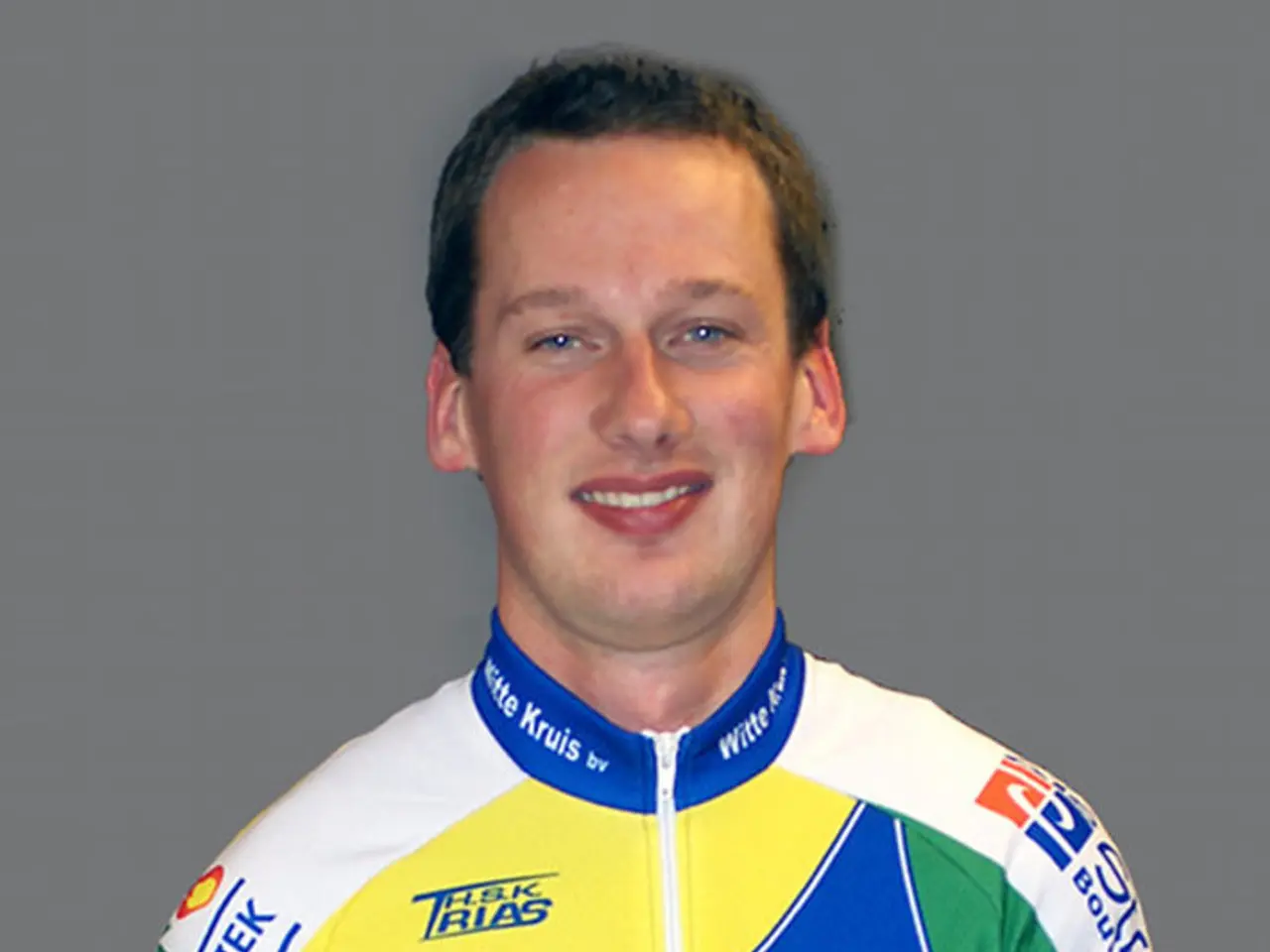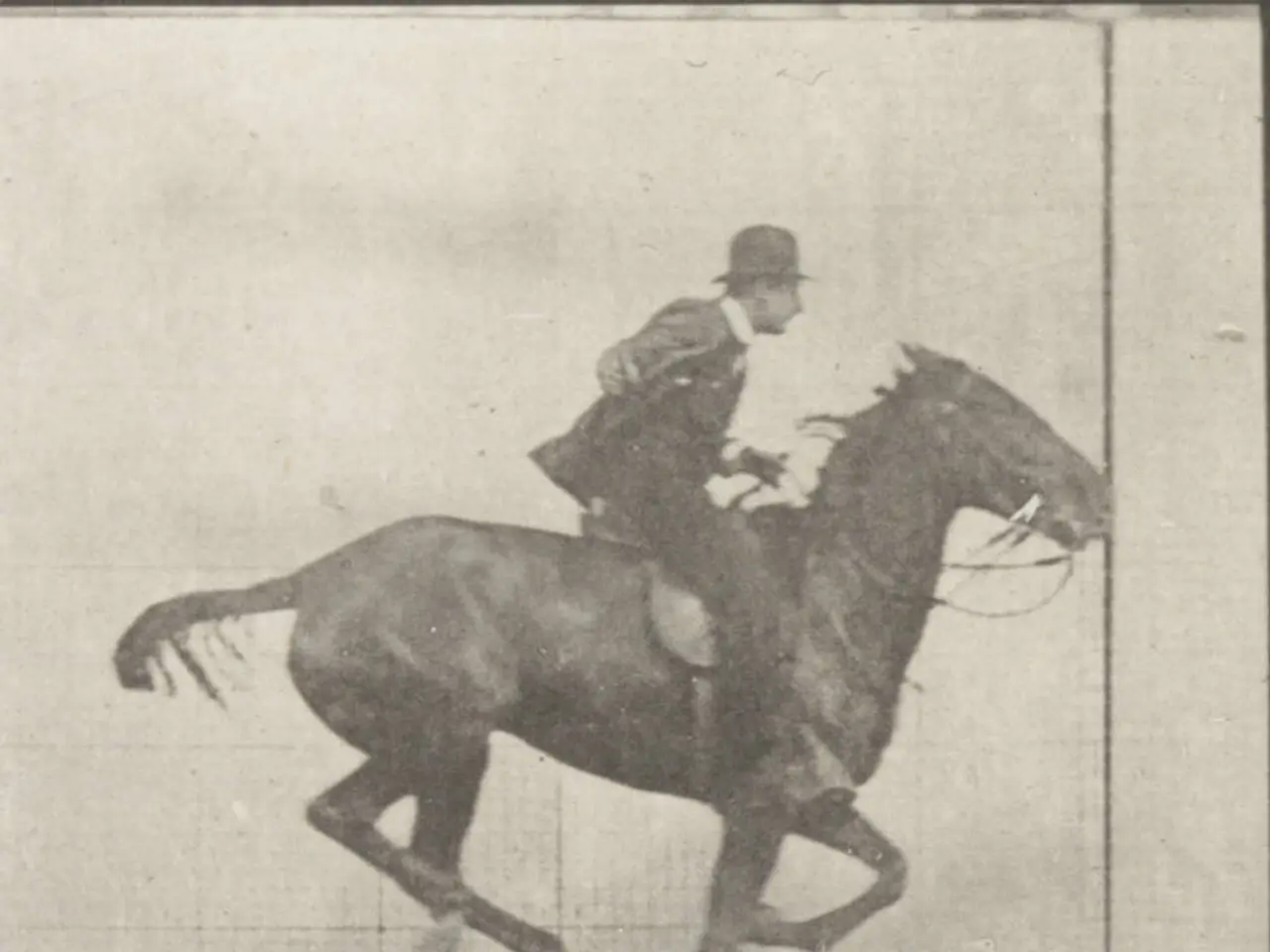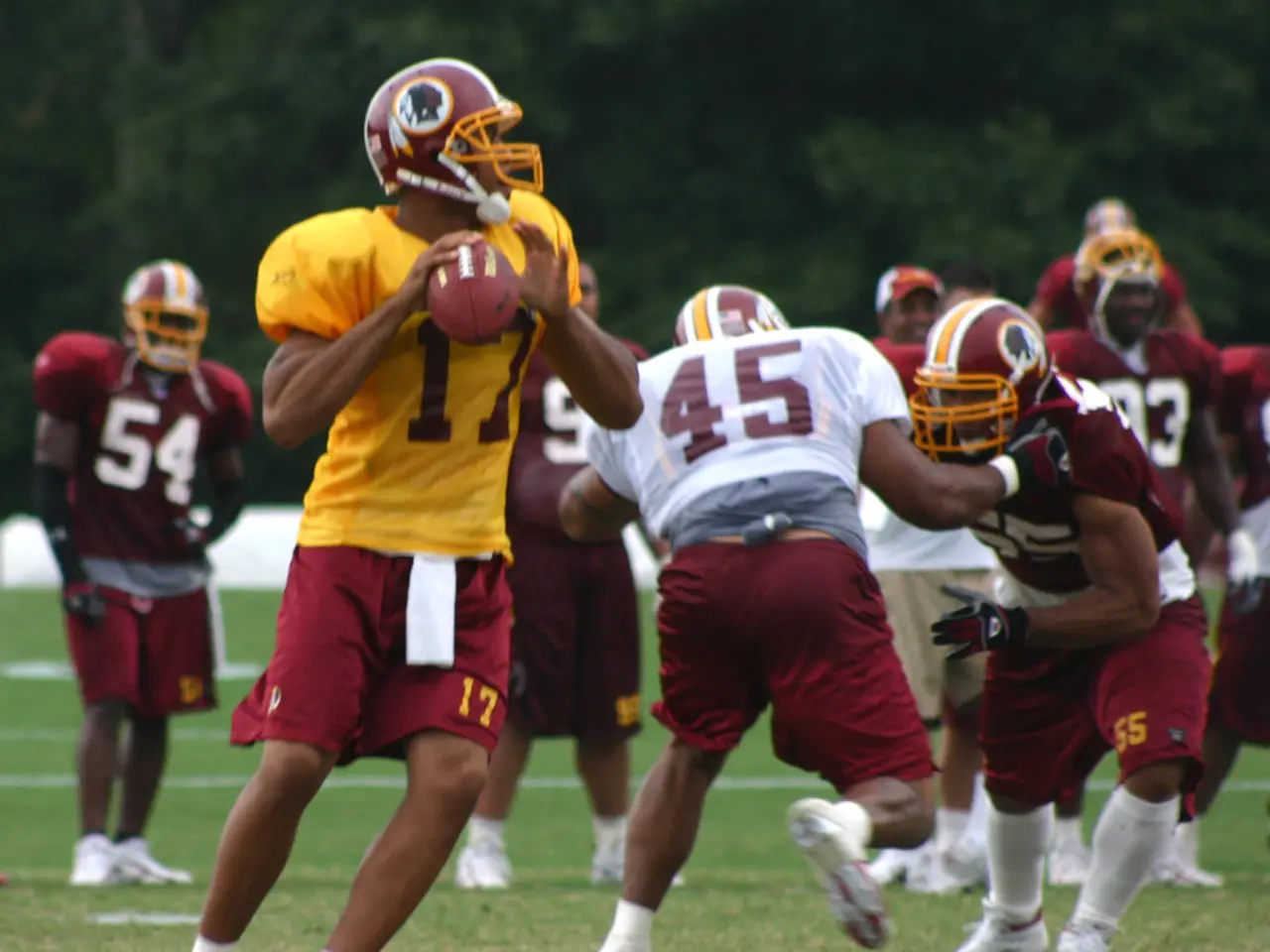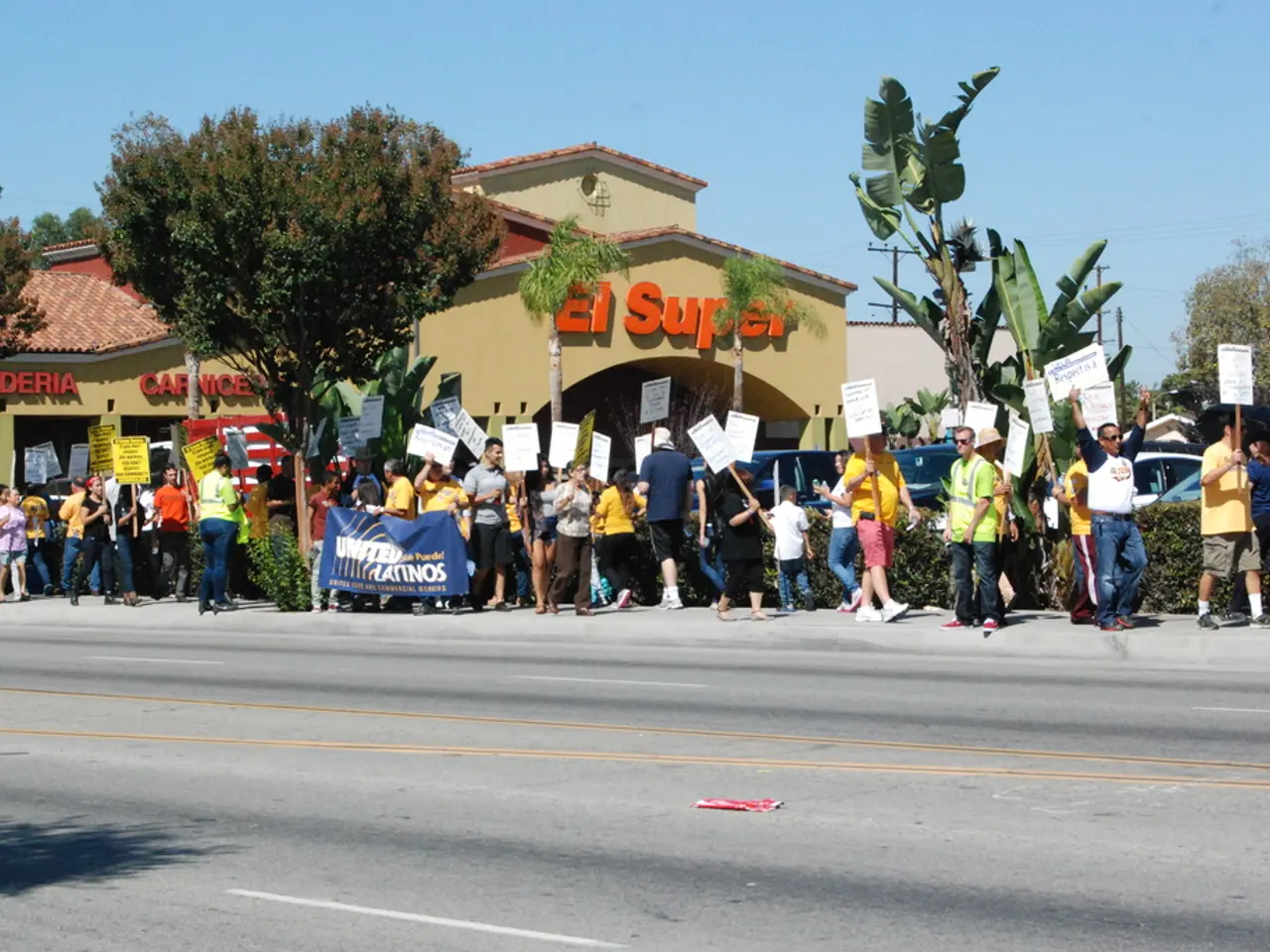Athletics Success in Cologne: Not Without Controversy
The German Athletics Championships, held in the historic Heinz-Steyer-Stadion in Dresden, saw a fresh wave of excitement this year, with the emergence of a new club on the scene - Cologne Athletics.
The two-day event, which reportedly sold significantly more than the 10,000 tickets for the main competition days, was marked by the comeback of high jumper Tobias Potye, who recently started competing for Cologne Athletics after a long hiatus. Another notable athlete, long-distance runner Mohamed Abdilaahi, left LG Olympia Dortmund to join Cologne Athletics, citing a conversation with club chairman Claus Dethloff as the deciding factor.
Dethloff, a two-time Olympic participant, emphasizes the importance of a calm environment for athletes to perform optimally. He aims to establish a club with a simple brand: city name plus location, one major club per metropolis. To this end, Cologne Athletics is organizing attractive school sports events to connect school sports and children's athletics earlier, attracting sports teachers for athletics.
The club is also investing heavily in coaching staff for youth and training, with the goal of facilitating a successful transition to a dual career in elite sports and a profession after graduation. This focus on foundation work resonates with DLV president Idriss Gonschinska, who sees the overall championship as very positive and plans to continue making small and large adjustments to move athletics forward.
Gonschinska is particularly intrigued by Dethloff's plans and visions for the future, including potential increases in the entertainment value of athletics, such as through city competitions. However, he has criticized the lack of mention of the youth base in Dethloff's young club.
Jessie Maduka, a triple jumper and a 29-year-old psychologist and health management consultant, feels a sense of comfort at the new club, despite not receiving much more money than before. She appreciates the cool training environment and strong group at Cologne Athletics, which she believes makes a significant difference in performance.
Despite the excitement surrounding Cologne Athletics, there are concerns about the club's approach to athlete recruitment. Julia Riedl, managing director of LG Stadtwerke Munich, accused Cologne Athletics of poaching already fully developed athletes.
Looking beyond the controversy, Cologne Athletics, as part of the sports culture around 1. FC Köln (mainly known for football/soccer), may share a strategy focused on community engagement, fan experience, and international partnerships. This is suggested by the recent Detroit Lions and 1. FC Köln partnership aiming to unite fans and create cross-team hospitality and exchange programs.
While this example relates to football, it suggests a broader vision of leveraging international cooperation, local community programs, and commercial partnerships, which could influence athletics clubs in Cologne as well. German athletics clubs typically emphasize developing youth talent, community health, and elite training environments to contribute to national athletics performance, as indicated by practices in other German sports initiatives.
However, due to the lack of explicit data on Cologne Athletics club's vision and strategy in the sources, the direct impact on German athletics cannot be precisely stated from the search results. If you want detailed insights on Cologne Athletics specifically, further dedicated sources or club publications would be needed.
Football, a popular sport in Cologne, might find a new home within the city's burgeoning athletics scene as Cologne Athletics, a rising club, shares a strategy similar to that of 1. FC Köln, focusing on community engagement and international partnerships. As part of this vision, they could potentially introduce more entertaining aspects, like city competitions, much like how football matches are structured.







